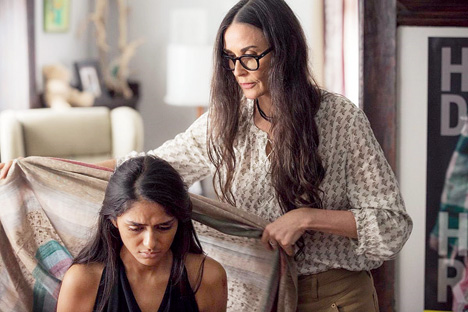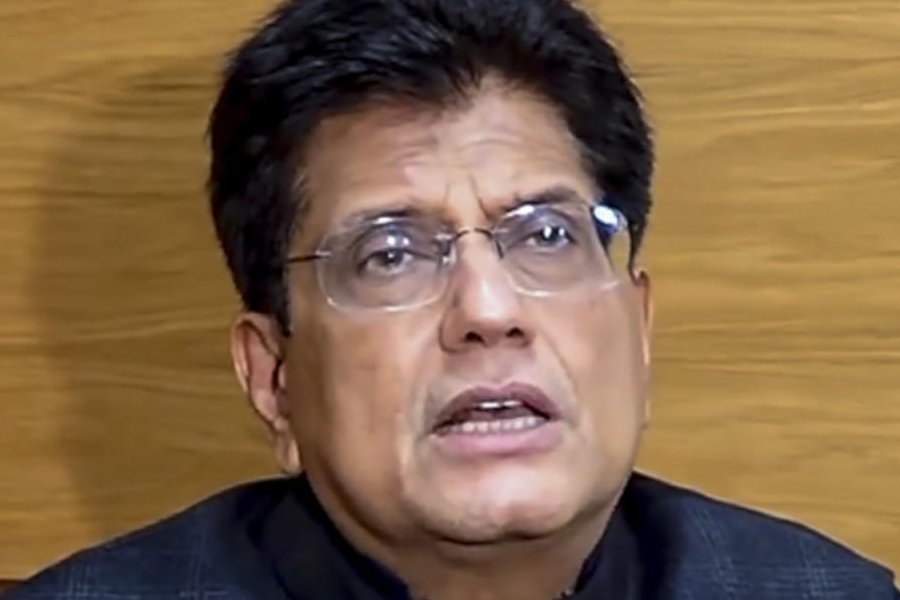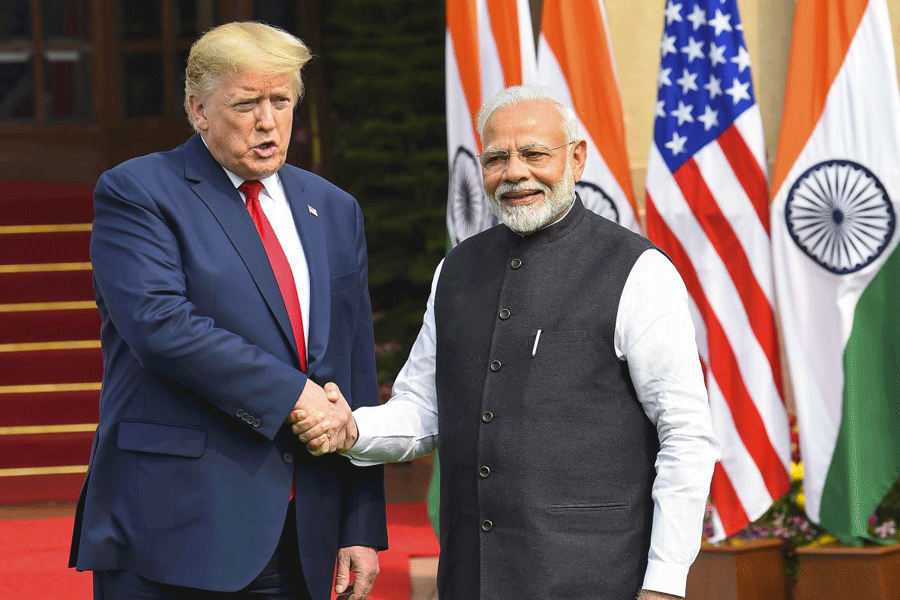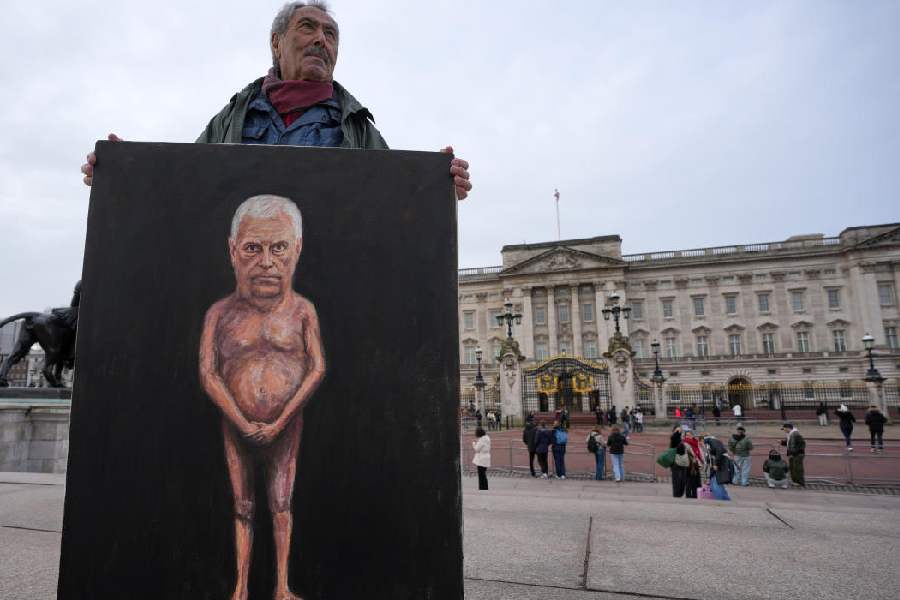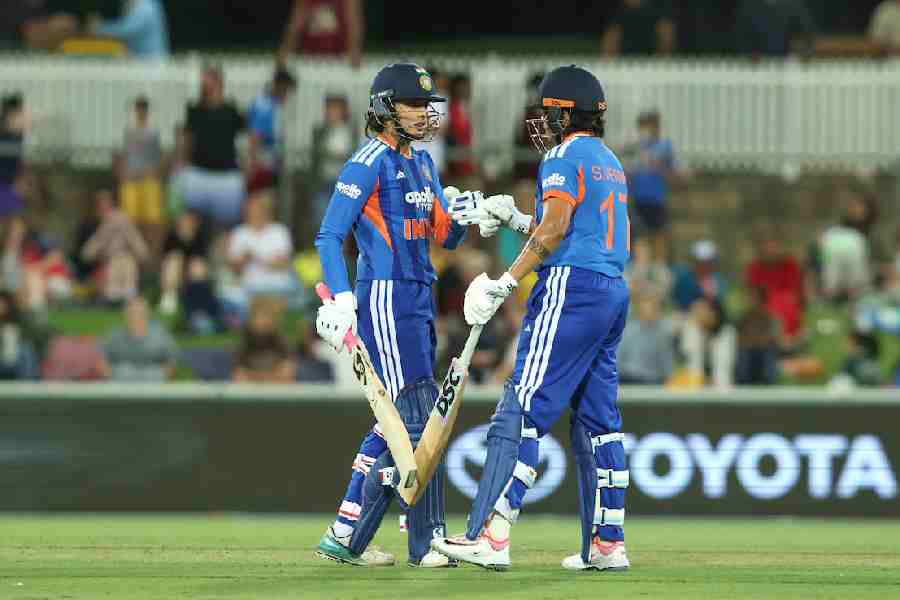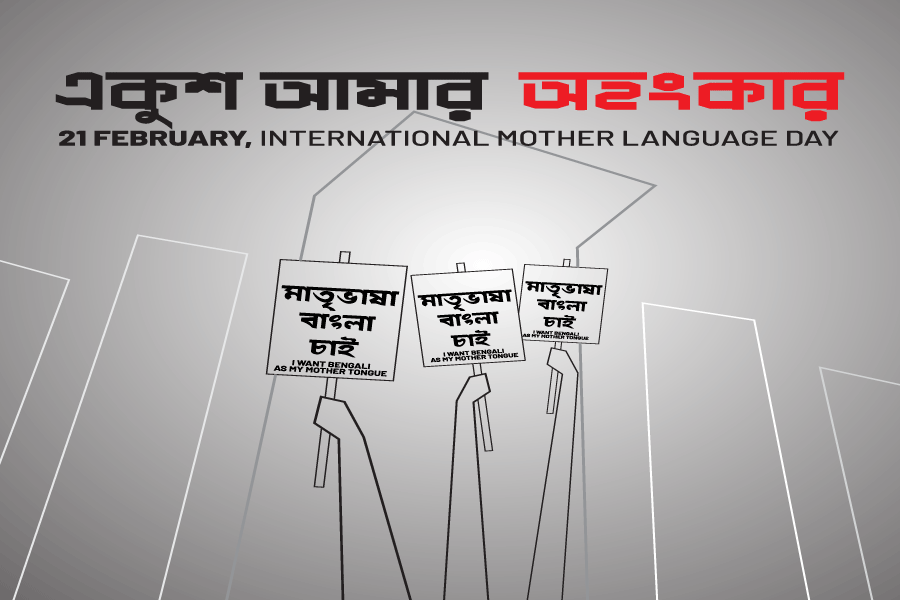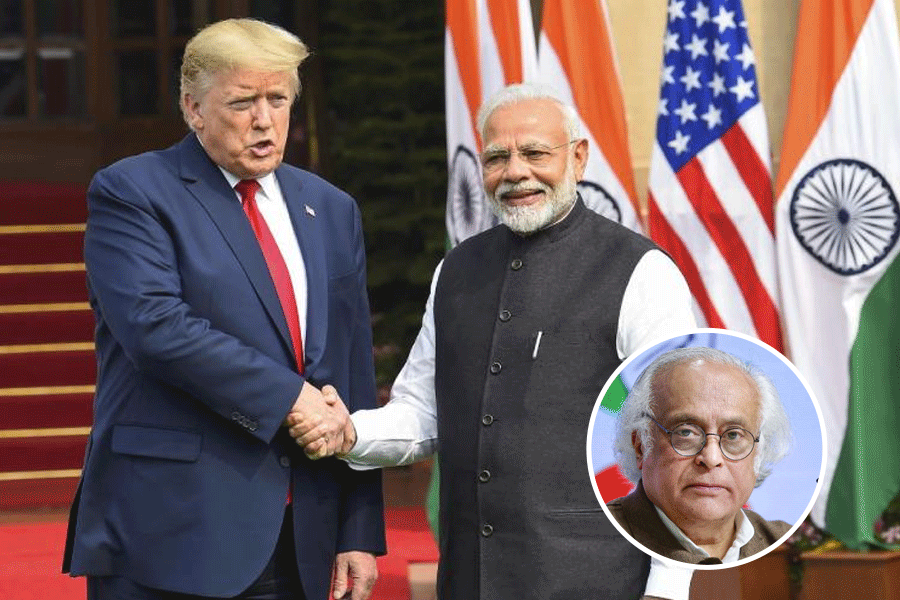
When you watch the film, just make sure you take 10,000 of your closest friends!” David Womark tells t2 when we dial him. The producer of Love Sonia believes in backing projects that are India focused — he was nominated for an Oscar for Life of Pi, that he produced — and Love Sonia, that touches upon human trafficking, is a film that he spent more than three years with, developing the script with debut director Tabrez Noorani. A t2 chat.
Love Sonia has played at a few film festivals before its theatrical release. What’s the feedback been like?
The film has been in only two film festivals so far, in London and in Australia. Since it’s an Indian film, we are more focused on an India release because both Tabrez and I believe that an Indian film has to start its journey in India. Based on the reactions we’ve had at these two festivals and at limited screenings that we’ve done in LA (Los Angeles) in anticipation of the award journey… we are getting some great, strong reactions.
Why did you decide to back Love Sonia?
I produced Life of Pi and Tabrez shot the Indian portions. We were in India for a month. In 2013, when we were on the whole award circuit for Life of Pi, Tabrez asked me to read this script he had written; I read it and felt it needed some more work, like all scripts do. What we decided very early on is that when you are making a film on a subject as sensitive as this, there’s a very thin line between exploiting the exploited or pulling your punches. You really have to navigate that line… if you go too far, you are exploiting the exploited; if you don’t do enough, then you aren’t doing justice to the story. That really was a key focus both in the development of the script as well as in filming.
Your research for the film involved delving deep into statistics related to human trafficking. Did anything catch you by surprise?
Honestly, when you are making a film, statistics don’t matter; what you are doing is telling a story.
There’s a famous producer, Louis B. Meyer from MGM, who said that if you want to send a message through films, then go to Western Union and send a telegram. Films have to engage you emotionally. And one of the things that attracted me to this project, and the same is true for Tabrez, is the dramatic component of the film. That’s the story of a sister (Sonia, played by newcomer Mrunal Thakur) going into the world of prostitution to save her sister (Preeti, played by Riya Sisodia).
It’s in the same lines of many commercial films, like Liam Neeson’s Taken. And since it’s about two women, I was especially interested because the world needs more strong woman characters. And this is a beautiful story with a very strong woman at the centre.
But yes, this film has a subject that’s relevant across timelines and cultures. The whole #MeToo movement started in the last 10-11 months and if you think of it, the root of sexual harassment is sexual slavery. That’s what the film is about. But we are not here to lecture people; we just want you to engage emotionally with the film.

Love Sonia has a stellar cast and having Demi Moore in the credits is a coup. How did she get on board?
We were very lucky to get her. We were actually finding it difficult to cast that role. Demi, when she was married to Ashton Kutcher, was involved in a lot of humanitarian work and once we contacted her, she immediately said she was in. Her only question was, ‘Why should I work with a first-time director?’ And I told her that I had spent a couple of years working on the script with Tabrez and that she had to trust my judgment and that I wouldn’t really waste my time, after having worked with the likes of Ang Lee and Peter Berg (on Deepwater Horizon).
Is there something about the stories from the Indian subcontinent that engage you?
The journey on Life of Pi was a very intense, three-year journey. The book and the film is set in India and once you start digging into that culture, it just throws up so many interesting facets. We also shot that movie in Taiwan and that film was my introduction to Asia, so to speak. I realised that we are now at a point globally, in terms of entertainment, where Netflix and Amazon are breaking down the walls. Content is available to everyone everywhere. So what one needs to do is find emotional stories that appeal across the globe. I find that in stories from India and in my projects, I am India focused.

